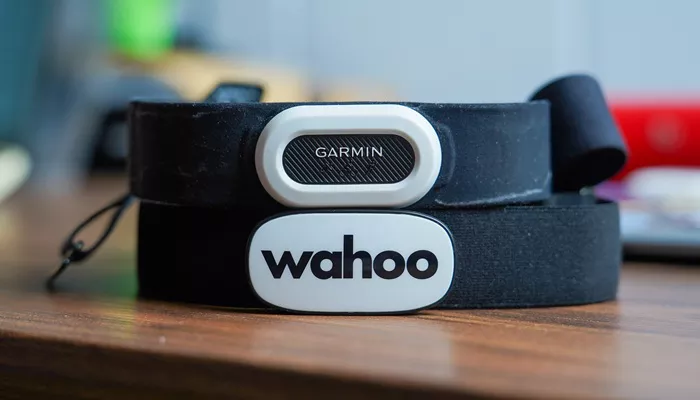Wahoo Fitness has officially begun shipping its three latest products: the Wahoo BOLT 3, Wahoo ROAM 3, and Wahoo TRACKR Radar. The BOLT 3 and ROAM 3 are designed to be more affordable and compact versions of the company’s high-end Wahoo ACE, featuring an upgraded operating system, display, and other enhancements.
On the other hand, the TRACKR Radar marks Wahoo’s first foray into the cycling radar and light market, despite the company’s long-standing experience with sensors. In fact, Wahoo’s first product 15 years ago was an adapter for connecting ANT+ fitness sensors to an iPhone. Today, Wahoo manufactures a range of products, including speed sensors, heart rate straps, cadence sensors, and power meter pedals.
However, US customers who went to buy the Wahoo TRACKR Radar on its release day were met with an unexpected charge. The lowest shipping option was priced at $50, significantly higher than the $15 shipping cost for the BOLT 3.
Interestingly, European customers do not face this issue, as they are offered free shipping. So, why the discrepancy?
The answer lies in the product’s manufacturing location. While the BOLT 3 and ROAM 3 are made in Taiwan, the TRACKR Radar is manufactured in China, making it subject to new US tariffs of up to 145%. While some tech products from China, like phones and smartwatches, are exempt from these tariffs, cycling radars are not.
While it’s understandable that Wahoo needs to pass on these additional costs, the way it has been communicated has raised concerns. Instead of openly acknowledging the tariff charge, Wahoo lists it as a “service charge” in the shipping section, which could be seen as misleading. When customers click on the details, they are directed to a vague explanation about global supply chains.
This lack of transparency is not only confusing for consumers but also doesn’t foster meaningful change. Furthermore, Wahoo lists the price of the TRACKR Radar as $199, but with the additional charge, the actual cost comes to $249. This pricing inconsistency has been criticized as misleading.
Wahoo’s response is understandable given the impact of changing government policies. Many companies have faced similar challenges and have chosen to either raise prices or include a specific tariff line item. However, hiding the charge under a “shipping fee” does not seem like the most honest approach.
In contrast, REI, another retailer, has increased the price of the TRACKR Radar to reflect the true cost: $250.
Despite the pricing issues, early tests suggest the TRACKR Radar is a solid product. However, at $249, it faces tough competition in the market, both in terms of specifications and real-world performance.
For more detailed reviews on all of Wahoo’s new products, stay tuned. And if you’re looking to support this website, consider becoming a DC Rainmaker Supporter for an ad-free experience and access to exclusive behind-the-scenes content.

